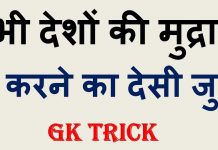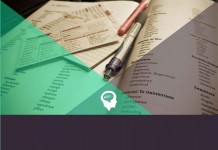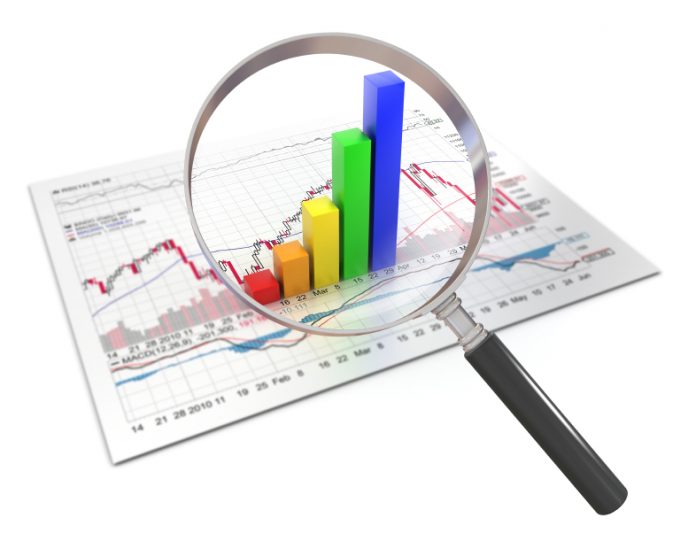Economic Capsule Set 6
Economic Questions are very important for SSC CGL 2017. We are here with Economic Capsule set 6 comprising of 15 questions to improve your preparedness for the exam. The more you achieve in General Knowledge section better chances you will have to attain your desired post.
Q1. “Bad money will drive out good money from circulation.” This is known as
(a) Engle’s Law
(b) Gresham’s Law
(c) Say Law
(d) Wagner’s Law
Q2. Prime cost is equal to
(a) Variable cost plus administrative cost
(b) Variable cost plus fixed costs
(c) Variable cost only
(d) Fixed cost only
Q3. An expenditure that has been made and cannot be recovered is called
(a) Variable cost
(b) Opportunity cost
(c) Sunk cost
(d) Operational cost
Q4. Seawater, fresh, air etc are regarded in economics as
(a) Giffen goods
(b) Inferior goods
(c) Free goods
(d) Normal goods
Q5. Excise duty on a commodity is payable with reference to its
(a) Production
(b) Production and sale
(c) Production and transportations
(d) Production, transportation and sale
Answers (1-5)
1. B 2. A 3. C 4.C 5. A
Q6. A firm is in equilibrium when its
(a) Marginal cost equals the marginal
(b) Total cost is minimum
(c) Total cost is maximum
(d) Average revenue and marginal revenue are equal
Q7. If the price of tea falls, demand for coffee will
(a) Increase
(b) Decrease
(c) Remain same
(d) None of these
Q8. Capital formation in any economy depends on
(a) Total income
(b) Total demand
(c) Total savings
(d) Total production
Q9. The practice of selling goods in a foreign country at a price below their domestic selling price called
(a) ‘Diplomacy’
(b) ‘Discrimination’
(c) ‘Dumping’
(d) ‘Double pricing’
Q10. Who propounded the market low?
(a) Adam Smith
(b) JB Say
(c) TR Malthus
(d) David Recardo
Answers (6-10)
6. A 7. B 8. C 9. C 10. B
Q11. If the main objective of the government is to raise revenue, it should tax commodities with
(a) With elasticity of demand
(b)Low elasticity of supply
(c)Low elasticity of demand
(d)High income elasticity of demand
Q12. Given the money wages, if the price level in an economy increases, then the real wages will
(a) Increase
(b) Decrease
(c) Remain constant
(d) Become flexible
Q13.Monopoly means
(a) Single buyer
(b) Many sellers
(c) Single seller
(d) Many buyers
Q14.Bread and butter, car and petrol are examples of goods which have
(a) Composite demand
(b) Joint demand
(c) Derived demand
(d) Autonomous demand
Q15. In the law of demand, the statement “Other things remain constant” means
(a) Income of consumer should not change
(b) Price of other goods should not change
(c) Taste of consumer should not change
(d) All of the above
Answers (11-15)
11. C 12. B 13. C 14. B 15. D
Economic Capsule 1
Economic Capsule 2
Economic Capsule 3
Economic Capsule 4
Economic Capsule 5
Economic Capsule 7
Economic Capsule 8























